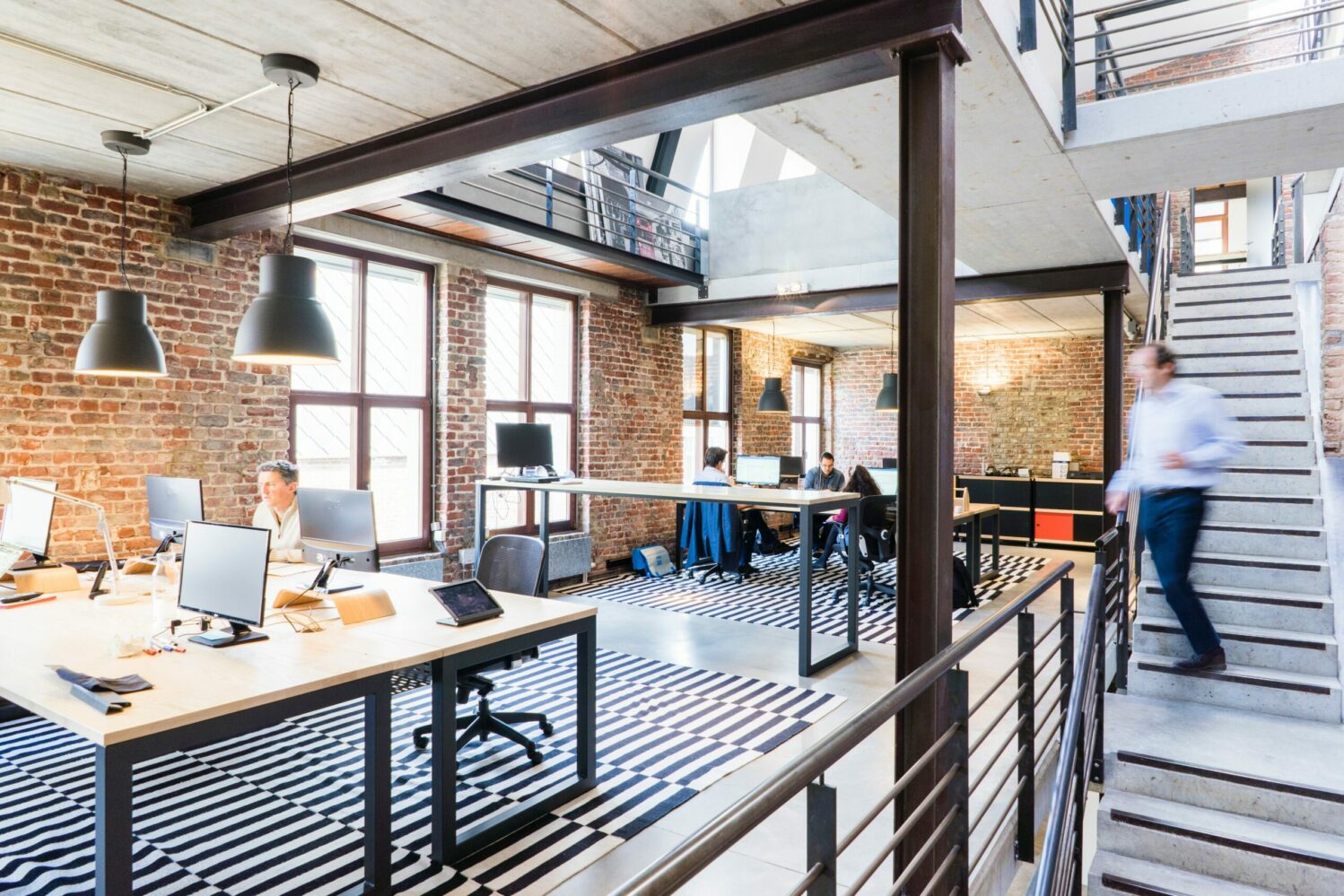This article by Service Works Global CEO, Gary Watkins, is also featured in August 2022’s edition of Tomorrow’s FM.
As the return to physical workplace continues in the UK, businesses are looking for new ways to manage their spaces. This includes the number of desks required, locker management, floorplans and furniture layout, and real-time occupancy levels.
Integrating facilities management and technology can provide some great solutions that can help businesses to keep their office spaces efficient and optimized.
Make it Easy for Employees
Employees expect a seamless workplace experience – even small hitches or obstacles can lead to frustration and perhaps even the increased preference to work from home. This can throw workplace plans into disarray and result in empty spaces that still cost money to maintain.
Fortunately, there are ways that technology can help. Take hot desking, for example. Shared desks are becoming more common, but employees want to be sure that they will have a suitable space when they come into the workplace. IWMS systems can support this by showing users real-time desk availability and managers can gain insight into desk usage over time to help with future decision-making. Systems also allow employees to book a space in advance, so they can be sure they won’t waste a commute only to find no desks are free.
IWMS support can extend to room bookings too. Scheduling tools enable employees to not only reserve a room, but to also book catering, AV and any other equipment they might need for their meeting. For workplace managers, the tool helps with room layout management, manages cost recharging between departments if required, reduces admin time and delivers a full audit trail.
The benefits of having these workplace management software includes the ability to make faster, more qualified decisions about space utilization, supported by accurate data. Space management tools within IWMS also give business owners the ability to look at different ways of arranging office space, perhaps offering the opportunity to reduce leased space, or rent out surplus meeting rooms or office space, to drive profit. In an era of workplace change, dynamic floorplans are a great asset for workplace teams.
Future-proofing the Workplace
We continue to see plenty of predictions about the future of the workplace and how it will be used by employees. However, the truth is that we cannot predict with any degree of confidence what the situation will look like in a year – or even in a month.
The chance of another Covid wave this winter is one factor. Even disregarding that, employee sentiment constantly shifts which can cause a headache for workplace teams. You may find one month that most employees want to come to the office three times a week, but the opposite might be true a few weeks later.
The value that technology can bring is the ability to collect real-time data and being used to forecast future scenarios. The return to work is not a one-off event – it’s an ongoing process and forecasting can help workplace teams and business leaders to prepare.
Through the collection of highly detailed space information, right down to room or even desk level, workplace teams can create plans and predictions with ease. These plans can allow for future space requirements to be mapped out by floor and by department. This in turn supports workplace design plans, furniture allocation and service provision.
Smarter Workplace Management
There will always be a margin of error when it comes to workplace management, but that can be greatly reduced through the implementation of technology. We have the tools and know-how to eliminate the need for guesswork or reactive projects.
The first step for FMs and workplace managers is to determine what they require from a technology solution and to ensure that it will integrate with existing systems. With this in place, teams will be in a much stronger position to make smarter workplace decisions that will reduce costs, improve sustainability and enhance the employee experience.
 Canada
Canada






